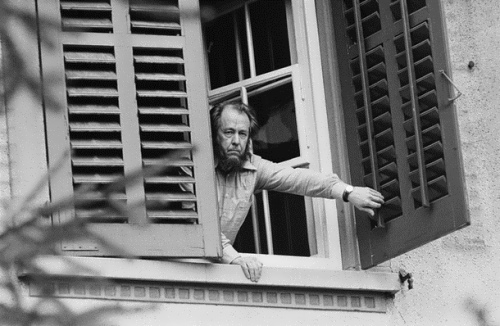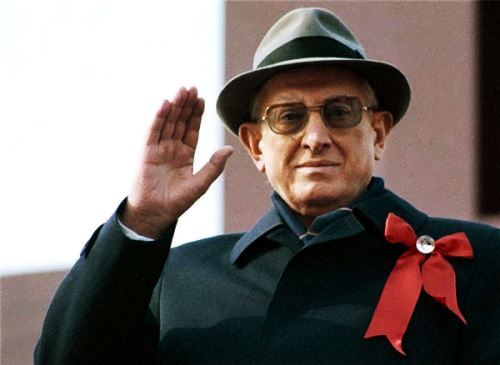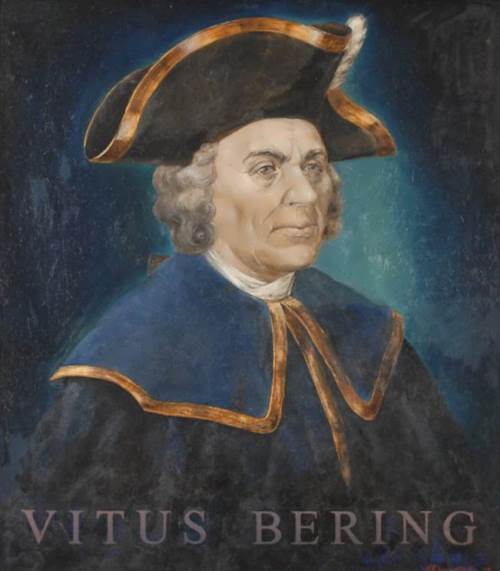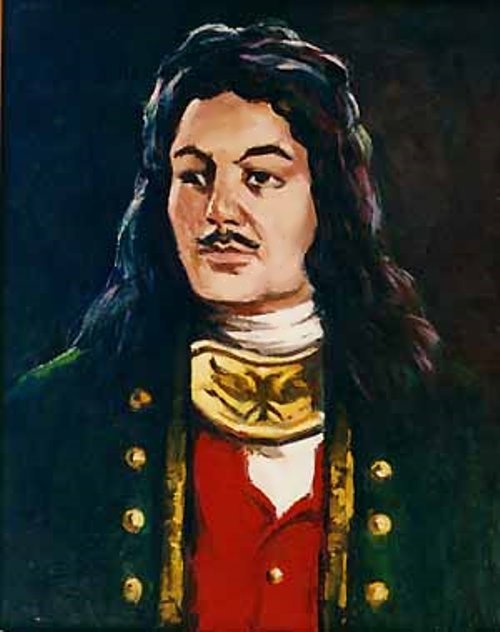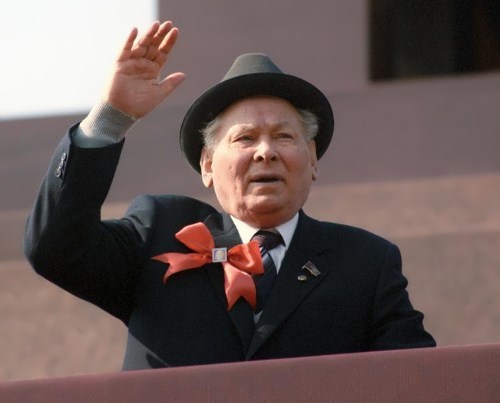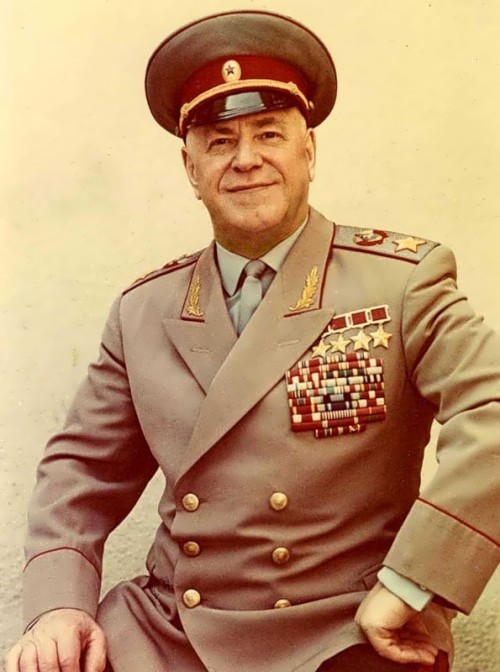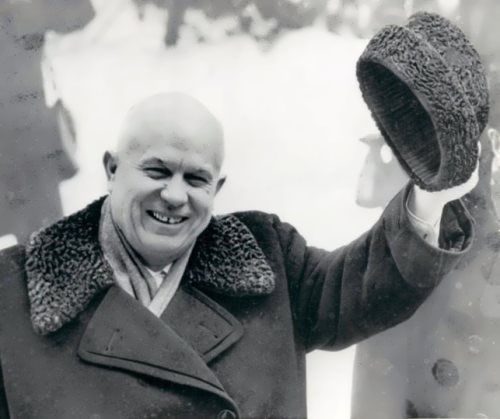Alexander Solzhenitsyn – far-reaching thinker
Alexander Solzhenitsyn is an outstanding Russian writer and public figure. To tell the truth, in the Soviet Union he was recognized as a dissident, dangerous for the communist system, and the writer was imprisoned for many years. His books The Gulag Archipelago, Matryona’s Place, One Day of Ivan Denisovich, Cancer Ward and many others are widely known. By the way, he won the Nobel Prize in Literature, and was awarded only eight years after the first publication, which is considered a record.
The future writer was born on December 11, 1918, in Kislovodsk. His father Isaak Semenovich served in the First World War, but died on the hunt six months before the birth of his son. The mother Taisiya Zakharovna brought up her son alone. Because of the consequences of the October Revolution, the family lived in extreme poverty. Later they moved to Rostov-on-Don. Problems with the new government began in Solzhenitsyn’s early years, as he was brought up in the traditions of religious culture, wore a cross and refused to join the pioneers.
But later, under the influence of school ideology, Alexander changed his point of view and even became a member of the Komsomol. The boy was fond of reading. He read the works of Russian classics and even had plans to write his own revolutionary novel. But when it was time to choose a specialty, Solzhenitsyn for some reason entered the physics and mathematics department of the Rostov State University. According to his confession, he was sure that mathematicians were taught only by the most intelligent people, and wanted to be among them. The name of Alexander was among the best graduates of the year.
More »
